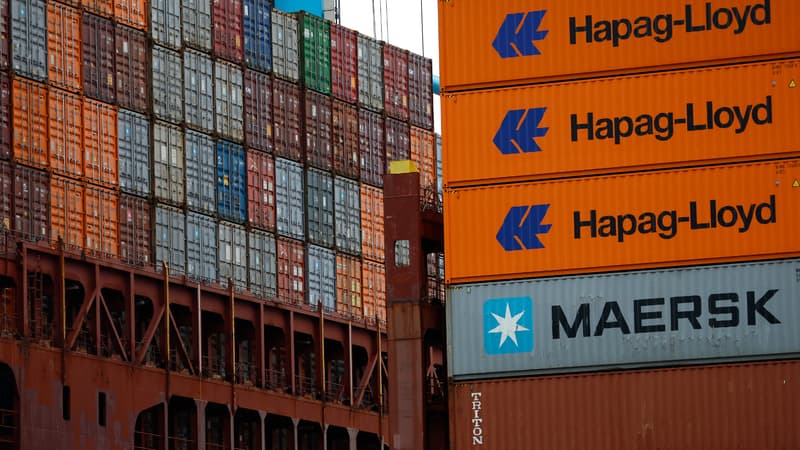Customs tasks of 145% aimed at Chinese products entering the United States become concrete. While Washington and Beijing negotiate a de -escalation of the commercial war in Switzerland, the first maritime containers that transported Chinese products attacked by American surcharge began to reach US ports. According to CNBC, seven ships left by China and with more than 12,000 containers arrived at the Californian ports of Los Angeles and Long Beach and should be followed by five additional ships in the coming days.
In these containers there are varied Chinese products, household items for furniture, for clothing, for large companies such as Amazon, Home Depot, Ikea or Ralph Lauren. Despite concerns about domestic demand and economic slowdown, these large groups choose imports to reappear in products of products considered essential.
90 Cruces canceled in April and May
On Friday, Donald Trump suggested to reduce customs tasks aimed at 80%Chinese products, which could strengthen the confusion generated by these tariff provisions with the companies mentioned by Brian Bourke. “This confusion has led them to continuously modify and update their planning scenarios, freezing any other commercial decision, explains the world commercial director of the American Group Seko Logistics to CNBC.
The repercussions of the customs tasks announced by the US president in early April felt quickly. According to Sea-Intelligence analyst, 90 crosses were canceled in April and May on commercial roads between Asia and the western coasts, but also from North America. In addition, logistics suppliers and maritime operators report a drop in reserves of 30 to 50%. The last Global Port Tracker report published Friday estimates that the imported load in the country’s main container ports should know its first annual decrease since 2023 due to customs rates.
A risk of long -term scarcity?
The fall in the number of ships is also accompanied by a reduction in the size of the ships to transport products. The largest maritime carrier in the MSC in the world, but also the Gemini Alliance formed by Maersk and Hapag Lloyd, wears smaller ships on the roads that connect Asia with the west side of the United States. Also according to Sea-Intelligence data, MSC has reduced its container capacity by 28% from one year to another.
An amplification of these phenomena of interruption of manufacturing orders for the sender and the decrease in the number of containers to be filled increases the risk of shortage of empty actions and, therefore, the shortage of long -term generalized products. In fact, Brian Bourke now observes a way of waiting for forests that do not hesitate to cancel China’s requests once their actions considered as essential are supplied. “What is happening when accumulated security actions disappear?” Ask the World Commercial Director of Seko Logistics.
Source: BFM TV


